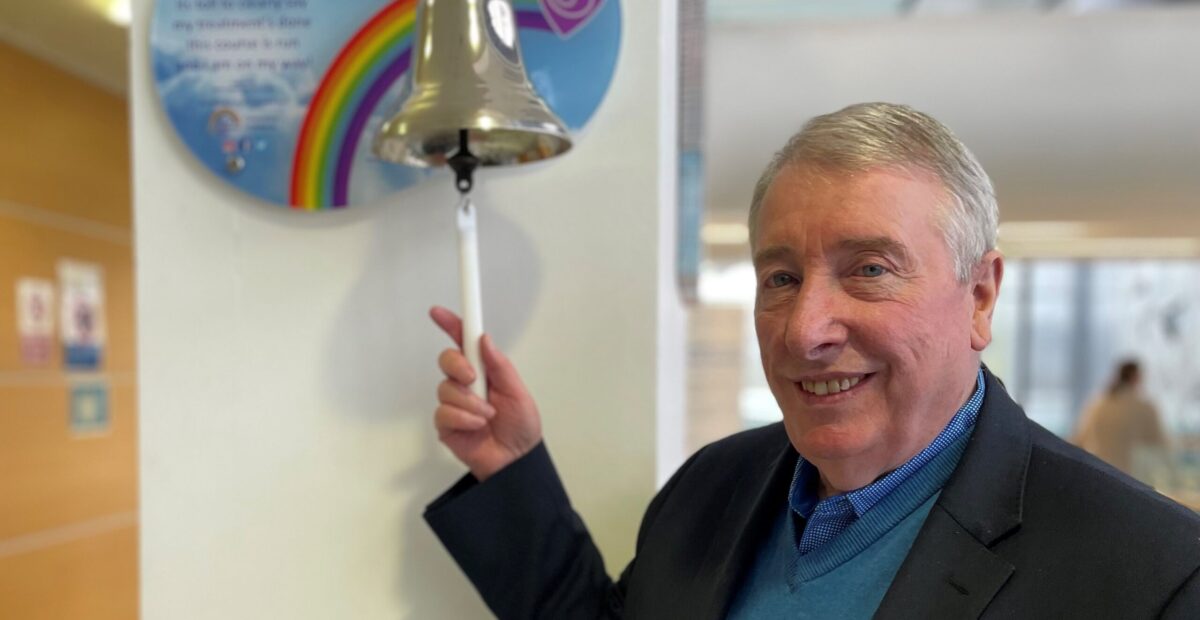Highly skilled medics and scientists at Newcastle Hospitals are working together to bring the most innovative advanced therapies to patients and have delivered CAR T-cell therapy to the 100th person.
Doctors and specialist nurses in the Northern Centre for Cancer Care at the Freeman Hospital are working with scientist colleagues in Newcastle Hospitals’ advanced therapies team to bring personalised and innovative treatments for patients with blood cancers.
Over 100 adult patients with lymphoma and leukaemia have undergone life-saving specialist CAR T cell therapy (chimeric antigen receptor T-cell) which is a type of cancer immunotherapy treatment.
Dr Erin Hurst, a consultant haematologist specialising in blood cancers and bone marrow transplantation, said:
“We’re delighted to have treated our 100th patient with CAR T-cell therapy which is hugely life changing for these people. Previously other treatments such as chemotherapy may have failed, or for some patients there were no other treatment options, so this is bringing vital treatment and better outcomes for these patients.
“It was pioneering for Newcastle being one of the first hospitals in the country to be able to take on this innovative medicine, being at the forefront of this treatment’s roll out and delivering and expanding this for our patients.”
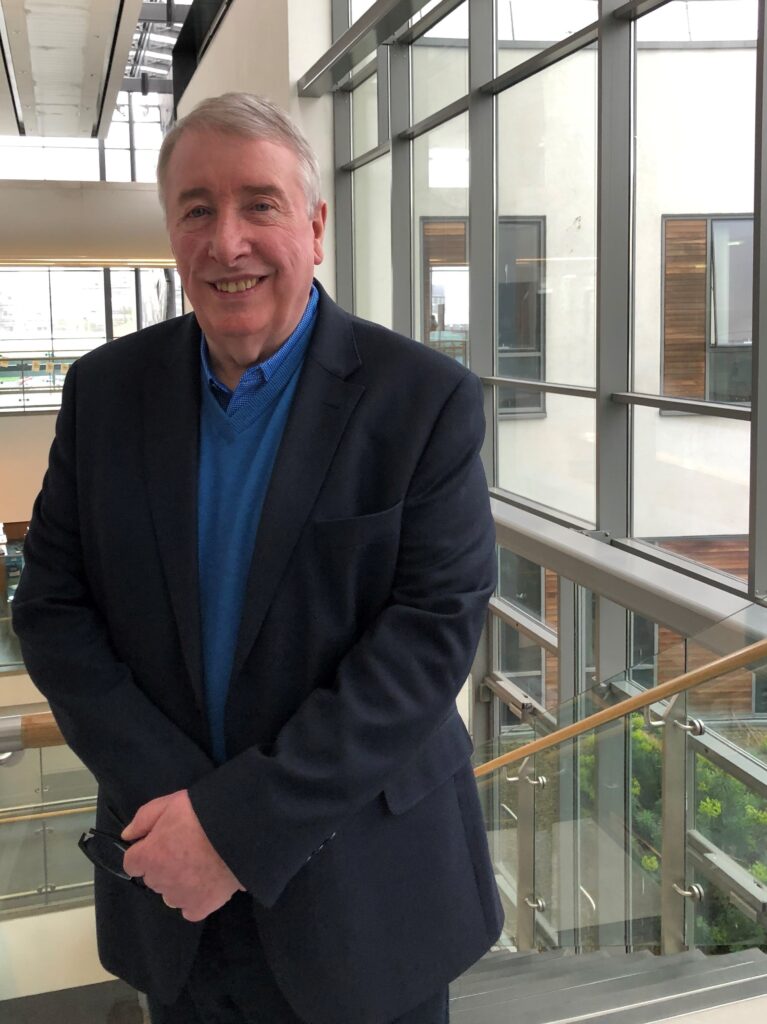
Stanley Oliver, 73, of Wideopen was one of the first patients to have this specialist advanced treatment in the country, at the Freeman Hospital.
“I rang the bell and felt like superman,” he said. “It has changed my life, I can’t tell you how well I feel, it’s been like that ever since.”
“This therapy is successful for forty percent of patients which has increased over the years, it’s remarkable.
“The dedication of the medical and nursing staff has been outstanding, with incredibly reassuring continuous support throughout my journey.”
Newcastle Hospitals has significant expertise in the development and production of high-quality advanced therapy products such as CAR T, working with healthcare, academic and industry partners on clinical research trials and becoming a centre to deliver the medicines to patients.
This type of T- cell therapy started as a commercial research collaboration around five years ago which enabled the team to develop their experience and expertise in delivering this therapy in a research setting.
“We were able to tender to become a CAR T centre in the first wave and we’re very much at the forefront. It’s been a really good example of how research expertise has translated in to cutting edge NHS treatment for adults across the North East,” said Dr Hurst.
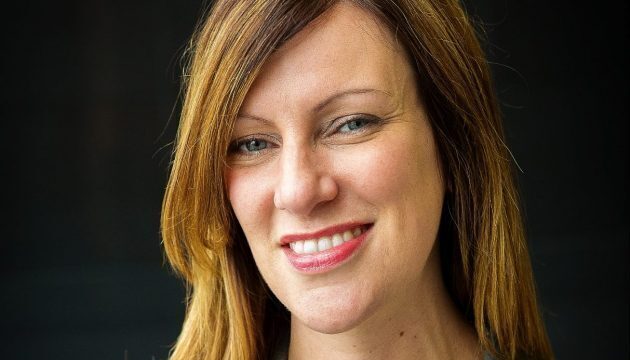
The treatment involves several steps over two to three weeks for these patients who have a life-threatening cancer diagnosis.
First the patient’s blood is taken and is handled by the advanced therapies laboratory team, it is then sent off to the manufacturer’s lab where the patient’s T cells – a type of white blood cell which plays a role in the immune system – are modified and turned into CAR T-cells to specifically target the cancer cells.
The cells are then transported back to the advanced therapies team and to hospital where the patient receives the therapy after a short chemotherapy block to treat their cancer.
Patients will be treated as inpatient for two to three weeks to manage side effects from the therapy, though the service is evolving to deliver some of this treatment through ambulatory care so patient can be at home where appropriate which helps their recovery.
“We also use our in-house facilities because these medicines have to be prepared within a special environment and stored in liquid nitrogen and within certain controls in a highly regulated environment. The whole process is more efficient by having everything on site,” said Dr Mark Jarvis, director of Newcastle Advanced Therapies.
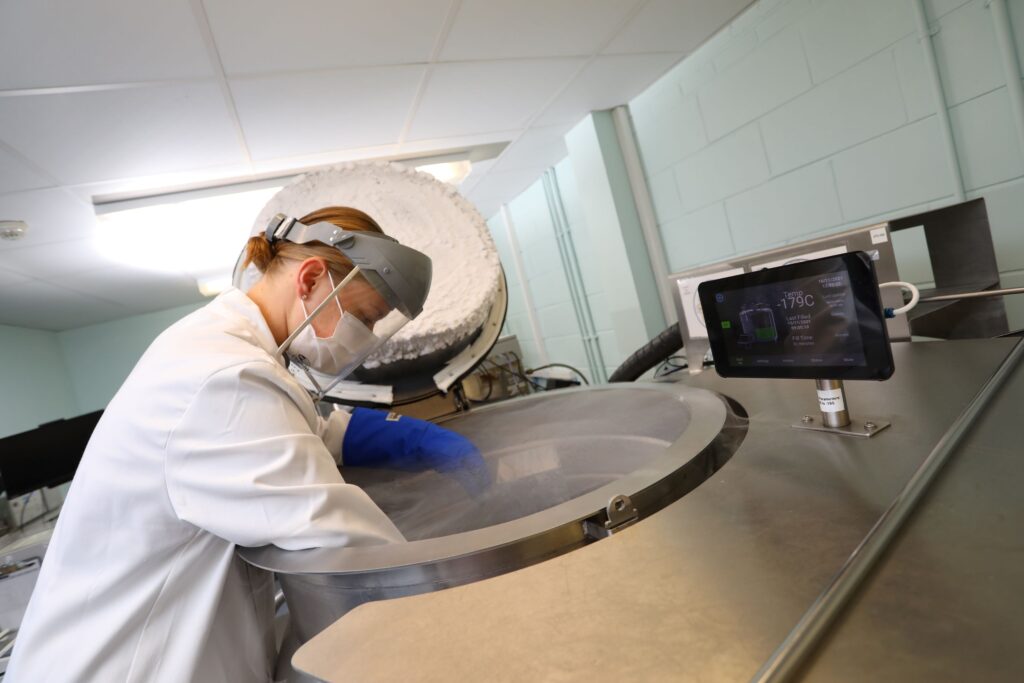
Advanced therapies are at the cutting edge of medicine and the team improves patient access to innovative and life changing treatments for over 300 patients every year, through providing expert services in processing, storage and manufacturing cell, gene, and tissue products.
“We are recognised nationally and internationally as a leading centre for the implementation and delivery of advanced therapies. It’s a unique strength that we have in Newcastle that we do everything in house.
“We’re pioneering in that we have been one of the centres nationally who engaged in this early at the research stage thanks to our skills and expertise in stem cell and bone marrow transplant, and as a result we have been early adopters of new technology for our patients.
“We’ve had the opportunity to use this experience to influence national policy and processes in this field and to support other centres around the country setting up this service for patients.”
This type of therapy has potential for use with other types of cancers and immune based disorders and the trust is working with industry and academia to run clinical trials into its application for solid cancers with potential for research into CAR-T cell therapy for lupus in the future.
“One of aspirations is to be able to have these products as ‘off the shelf’ so you would have cells ready to use in any individual,” explains Dr Jarvis.
He added: “Research intensive trusts have better patient outcomes when it comes to clinical services, and I think that is very much true in this particular area.”
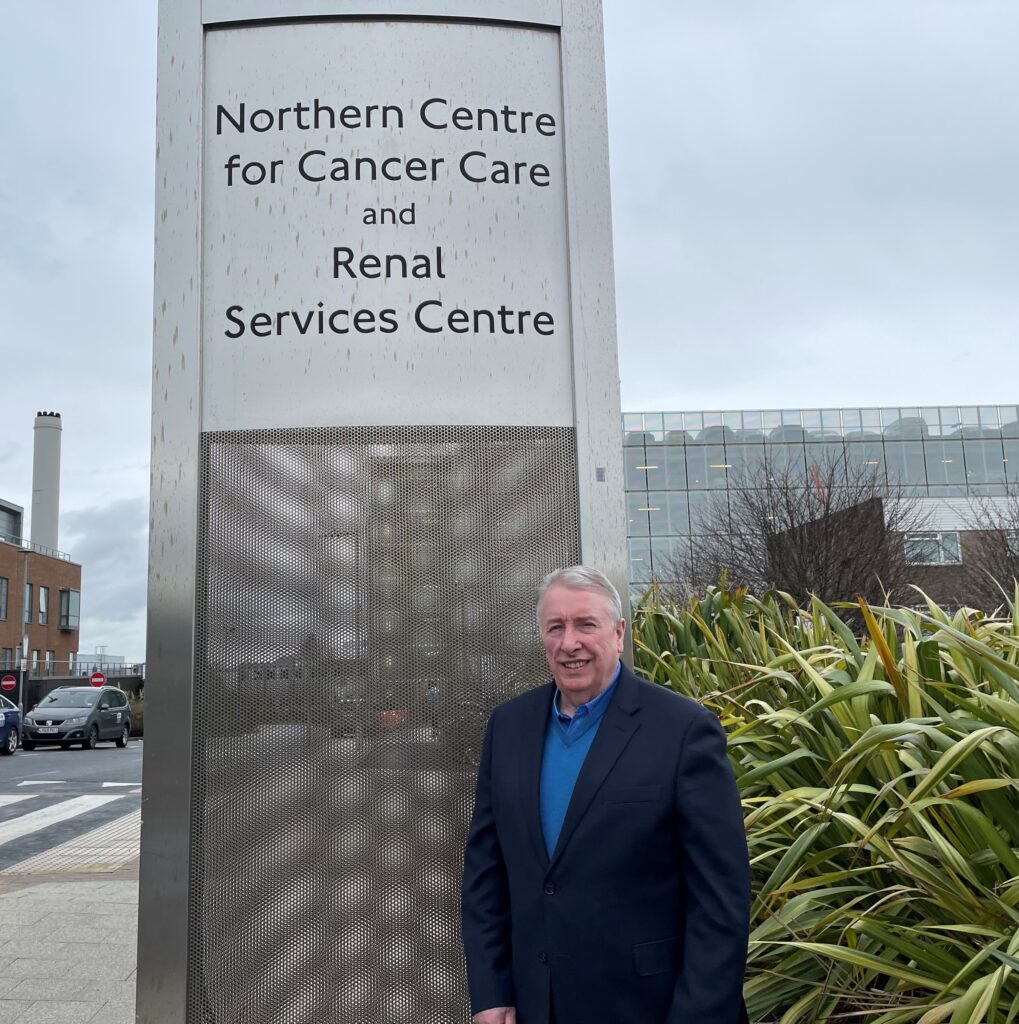
Hannah Kennedy, specialist CAR T-cell therapy nurse, said: ‘I remember looking after Stanley and the bumps he had along the way to becoming cancer free. He was patient with the process and the time it takes to receive the cells back once they are modified, which can feel like an eternity for our patients.
“With the expansion of available sites and resources in this field hopefully in the future manufacturing time will reduce further and perhaps we may be able to get CAR T-cells ‘off the shelf’ which would benefit the patient in so many ways.”
Newcastle Hospitals and Newcastle University are partners in Newcastle Health Innovation Partnership (NHIP) delivering collaborative health and care research, innovation, education and training.
